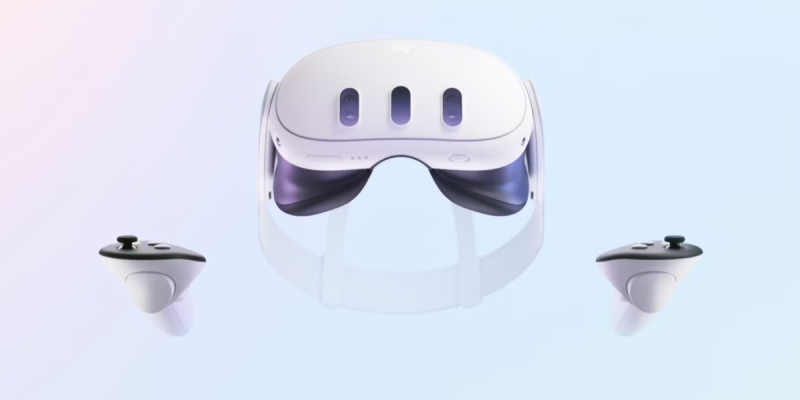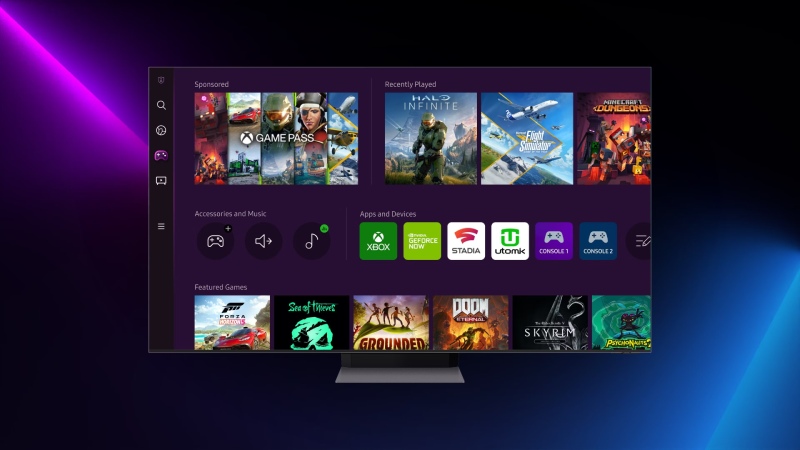A new report from The Information has unveiled that Meta is making substantial adjustments to its upcoming product lineup. Just a few days after it was disclosed that Mark Zuckerberg and Meta’s Chief Technology Officer, Andrew Bosworth, had decided to discontinue plans for a high-end virtual reality headset, codenamed La Jolla, which many speculated to be the Quest Pro 2, The Information now reveals that they have approved an entirely different device. This new project, codenamed Puffin, is scheduled for release in 2027, replacing La Jolla in the product roadmap.
Puffin is characterized as resembling a “bulky pair of glasses,” but with a significant difference: it weighs less than 110 grams. This would make it one of the lightest VR headsets on the market, a stark contrast to the weightier devices currently available. For instance, the Meta Quest 3, one of Meta’s flagship VR devices, tips the scales at approximately 515 grams when fully assembled with straps and facial interfaces. A noteworthy 70 grams of this weight comes from the battery alone. Puffin, however, sidesteps this bulkiness through a clever design strategy that involves offloading the battery and essential computing hardware to an external device, often referred to as a puck. Meta is reportedly aiming to make this puck small enough to fit comfortably in a user’s pocket, thereby reducing the headset’s weight and bulk.
The design philosophy behind Puffin represents a notable departure from traditional VR headsets. While it will still feature the classic opaque VR style, utilizing advanced pancake lenses and passthrough cameras, its form factor and usability are poised to offer a new experience. Interestingly, Puffin is set to abandon conventional VR controllers in favor of a more modern and intuitive input method. It will incorporate a gaze-and-pinch input system, akin to the technology used in Apple’s Vision Pro, allowing users to interact with the virtual environment in a more natural and streamlined manner.
The introduction of Puffin suggests that Meta is planning to establish a new product line, distinct from its existing Quest series. Given reports that Meta is developing two new Quest 4 models set for release in 2026, Puffin seems to be positioned as a different category of device, possibly focusing on media consumption and productivity tasks rather than the broader range of VR applications seen in other Meta headsets. This new approach may also position Puffin as a direct competitor to Apple’s Vision headsets, particularly in terms of offering a more affordable alternative with a unique set of features and capabilities. Meta’s strategy appears to be evolving, with Puffin representing the company’s vision for the future of lightweight, versatile VR devices designed for a variety of use cases beyond traditional gaming and entertainment.
Topics #2027 #A&R #Facebook #headset #Instagram #lightweight #Mark Zukerberg #Meta #news #social media #Threads #vr #WhatsApp









